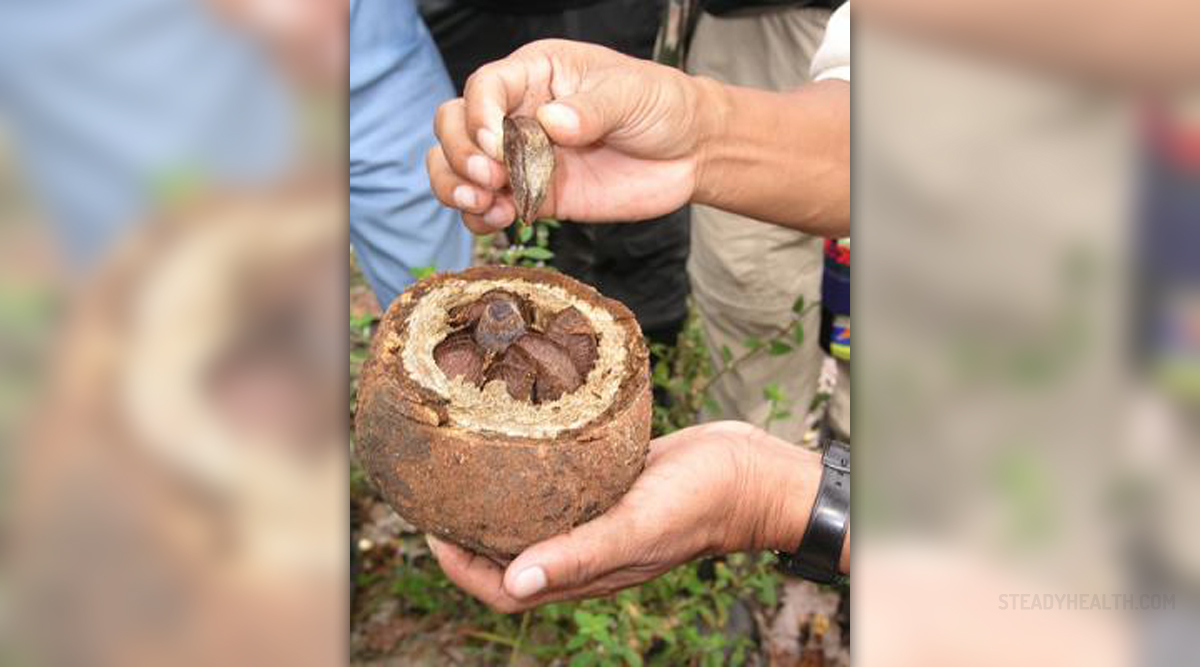
Brazil nuts
Brazil nuts are the seeds from plant Bertholletia excels, closely related to blueberries, cranberries, tea and kiwi. Their place of origin is South America, precisely the rain forests. Despite the name, the biggest exporter is actually Bolivia, not Brazil.
Brazil nuts are sometimes used instead of the macadamia nuts or the coconut in cooking.
Nutritional Value
100 grams of Brazil nuts are highly nutritional, because they contain 687 calories. They are also rich in good (mono-saturated) fat and because of that should be moderately used.
Rich in Selenium
These nuts are the richest known resource of the mineral selenium. Selenium is present in the enzymes and together with vitamin E has some amazing antioxidant properties. The studies have shown that the people eating Brazil nuts all their life have a lower incidence of heart diseases. So, it is concluded that the selenium is responsible for the protection and prevention of heart problems. This mineral is also proven to protect the immune system and thyroid gland, prevent blood clots and decrease the risk of breast, prostate and other forms of cancers. An ounce of these nuts contain 544mcg of selenium, so limit the daily intake.
Other Minerals
These nuts contain plenty of calcium, copper, iron, manganese, phosphorus, potassium and zinc. They are also filled with the healthy omega 6 fatty acids.
Methionine Source
Brazil nuts are the source of the amino acid Methionine, extremely helpful in prevention of chronic illnesses and aging process.
Great for Vegetarians
Like any other nuts Brazil nuts are recommended to vegetarians. They contain highly valuable proteins, vitamins and fibers, in the same amounts as almonds, cashews or walnuts.
Downfalls of Brazil Nuts
AllergiesSelenium toxicity Cancer-provoking RadioactivePeople allergic to other sorts of nuts are likely to develop an allergic reaction to Brazil nuts and should avoid them.
Selenium is one the important minerals but the body needs it in tiny amounts. The recommended maximal dose is about 45mcg for children and about 400mcg for adults. Anything over that dose could cause toxic effects, such as hair loss, brittle nails, rash, stomach problems tiredness and anxiety. Make sure to limit the consumption of these nuts, especially, in kids.
Brazil nuts are restrictively imported in the European Union (EU) because of their cancer potential. Substances known as aflatoxins are found in high amounts in the Brazilian nuts, and they are considered to be responsible for the development of some types of cancer.
Another potential problem might be the radioactivity of these nuts. They might be 1000 times more radioactive than any other known food. So far, there are no proofs that this radioactivity can be absorbed into the body, but the caution should be present.
Keep the Brazilian nuts in the refrigerator, because they might be spoiled quickly. Avoid roasted and salted, and stick to the shelled natural nuts, in order to get the best from these tropical nuts.




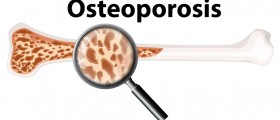
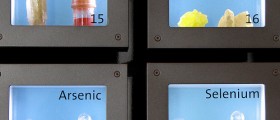

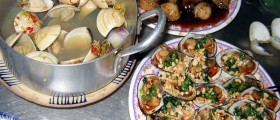






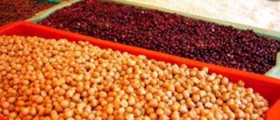


Your thoughts on this
Loading...